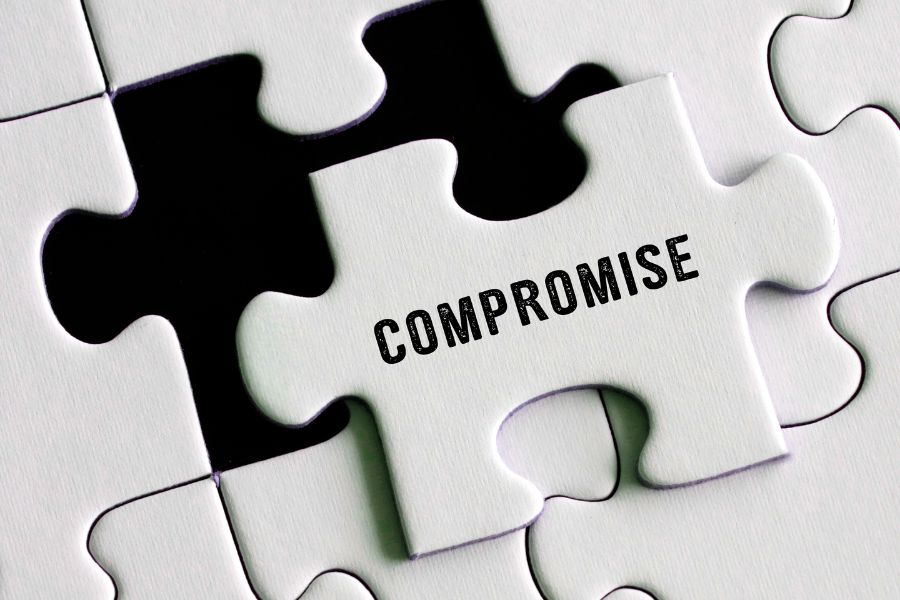Conflict is an inevitable part of human interaction. Whether in personal relationships, workplaces, or social settings, disagreements can arise due to differences in opinions, values, or expectations. While conflict itself is not inherently negative, the way it is handled can determine whether it leads to growth or harm. Resolving conflicts calmly is a vital skill that promotes understanding, strengthens relationships, and prevents escalation. Here’s how to approach conflicts with composure and effectiveness.
1. Understand Your Emotions First

The first step in resolving conflicts calmly is self-awareness. When disagreements arise, it is natural to feel emotions such as anger, frustration, or hurt. However, reacting impulsively can escalate the situation. Before responding, take a moment to assess your emotions. Ask yourself: Why am I feeling this way? What is the core issue at hand? Techniques such as deep breathing, counting to ten, or taking a brief walk can help calm the mind and prevent emotional reactions from dominating the conversation.
2. Listen Actively
Many conflicts persist because parties feel unheard. Active listening is crucial for calming tension and fostering understanding. Focus on what the other person is saying without planning your response while they speak. Use reflective statements like, “I hear you saying…” or “It seems you feel…” This shows empathy and acknowledgment, which often defuses defensiveness and encourages openness. Listening does not mean you have to agree, but it allows both sides to feel respected and understood.
3. Communicate Clearly and Respectfully
Clear communication is essential for resolving conflicts without escalating them. Express your thoughts and feelings using “I” statements rather than accusatory “You” statements. For example, say, “I feel frustrated when deadlines are missed because it affects my work,” instead of, “You never meet deadlines!” This approach reduces blame, lowers defensiveness, and shifts the focus to problem-solving. Maintain a calm tone, moderate your volume, and avoid sarcasm or condescending language.
4. Focus on the Issue, Not the Person

Personal attacks exacerbate conflicts and make resolution difficult. To resolve conflicts calmly, distinguish the person from the problem. Critique the behavior or situation rather than the individual. For instance, instead of saying, “You are careless,” say, “The mistake in this report caused some issues; let’s find a solution together.” This perspective keeps the discussion constructive and avoids damaging relationships.
5. Seek Common Ground
Even in disagreements, there is often shared interest. Identifying common goals or mutual benefits can transform conflicts from confrontations into collaborations. Ask questions like, “What outcome would work best for both of us?” or “How can we address this issue together?” Focusing on solutions rather than blame encourages cooperative problem-solving and helps both parties move forward without lingering resentment.
6. Take a Break if Needed
Sometimes emotions run too high to resolve a conflict immediately. In such cases, taking a temporary break can prevent saying or doing things you might regret. Agree to revisit the discussion after a cooling-off period. This time allows both parties to reflect, gain perspective, and return to the conversation with a calmer mindset.
7. Be Willing to Compromise

Resolution often requires flexibility. While standing firm on core values is important, being rigid on minor points can prolong conflict. Seek a compromise where both parties give a little to gain a mutually acceptable solution. This approach fosters goodwill, demonstrates respect, and maintains harmony in the relationship.
8. Learn from the Experience
After resolving a conflict, reflect on the experience. Ask yourself: What triggered the disagreement? How did I respond? What could I do differently next time? Learning from conflicts enhances emotional intelligence, strengthens communication skills, and prepares you for future challenges.
Conclusion
Calm conflict resolution is not about avoiding disagreements but managing them constructively. By understanding your emotions, listening actively, communicating respectfully, focusing on the issue, seeking common ground, and being willing to compromise, conflicts can become opportunities for growth rather than sources of stress. Developing these skills requires practice and patience, but the payoff is significant: healthier relationships, reduced stress, and a more peaceful environment both at home and in professional settings. Calm conflict resolution is a skill worth cultivating, as it transforms potential tension into cooperation, understanding, and lasting solutions.

